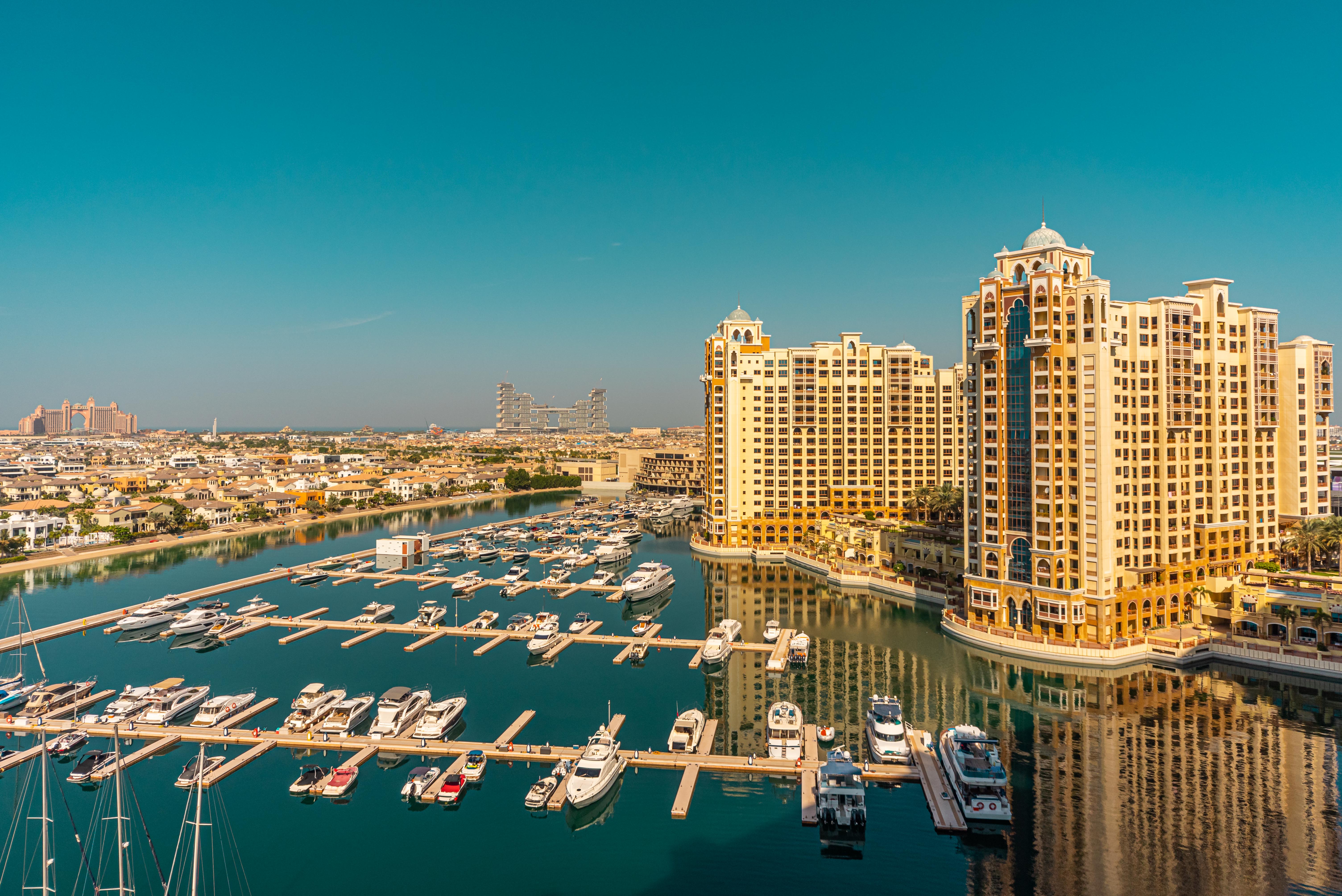
Oct 11, 2023
Overview of Luxury Real Estate
Luxury Real Estate Investment stands as a symbol of opulence and elegance. In addition to being situated in exclusive locations, these properties have advanced designs with valuable features and characteristics that add significant value to the property. Typically, luxury real estate market targets the high-class segment of society. Luxury properties come in various types to serve diverse desires and needs, including:
· Luxury Villas
· Luxury Apartments
· Mansions
· Luxury Resorts
· Luxury Rural Properties
Design and décor play a significant role in highlighting luxury, elegance, and creating a comfortable and attractive environment in luxury real estate. Various elements commonly found in the design and décor of such properties include:
· Luxurious and High-Quality Materials: Such as rare woods and marble.
· Unique Details: Such as columns, arches, and ornaments.
· Furniture: In luxury real estate, it is important to select furniture that matches the property's interior design and incorporates high-quality essentials.
· Spacious Areas: In luxury real estate, creating expansive spaces is crucial to convey a feeling of spaciousness and luxury in the design.
· Lighting: Lighting plays a vital role in enhancing the beauty, elegance, and integration of luxury real estate design. Various techniques, including the use of crystal chandeliers and concealed lighting, are employed to achieve this effect.
· Advanced Technology: Providing the latest smart technologies and equipment for all services.
These property types are widely regarded as attractive and renowned due to their exceptional locations and unique views. They possess several distinguishing factors, such as:
· Location: Direct beachfront locations are strategically desirable for residents.
· Urban Design: These properties show exceptional urban designs and offer private spaces for relaxation and entertainment. They often include balconies with sea views and private gardens.
· Amenities and Facilities: Such as private swimming pools, fitness lounges, barbecue areas, and entertainment zones.
· Security and Privacy: These properties prioritize advanced security systems, 24/7 security personnel, and controlled access.
Investing in luxury real estate is considered a highly profitable project, aiming to achieve potentially high long-term returns. Luxury properties stand out for their unique designs, exclusive locations, high-quality amenities, and enhanced quality of life.
Here are some of the key benefits of investing in luxury real estate:
Investing in luxury properties can increase future wealth. Due to their high and stable value, these properties offer secure investments.
Luxury real estate investment offers high potential returns. These properties are often in strong demand from high-net-worth individuals, allowing them to be rented out at high rates, generating attractive rental income.
Wealthy individuals and elites often seek these properties for investment, leading to continuous demand. Consequently, luxury properties are more stable and secure in the real estate market.
The demand for luxury properties remains constant, with increasing interest from potential buyers due to luxury real estate investment consultations. This implies a long-lasting market for the property investor.
It is possible to invest in a diverse range of these properties in different regions, which contributes to Portfolio Diversification, reducing risks, and increasing investment opportunities.
Luxury properties serve as symbols of prestige and status, allowing owners to express their individuality and providing a sanctuary from the pressures of life. These properties offer a haven where owners can proudly display their accomplishments and revel in their success.
Tax benefits vary from one country to another based on their tax system. Some common tax benefits include:
I. Reduced property taxes on luxury properties.
II. Income tax reductions.
III. Tax discharges for property improvements.
Although investing in luxury real estate can be highly profitable, but it faces several challenges that investors should be aware of:
One of the prominent obstacles in luxury real estate investment is the high initial cost. Purchasing these properties typically requires significant financial resources. Additionally, there are other costs such as legal procedures, insurance, and maintenance and upkeep expenses. Finding entities or institutions willing to provide the required funding generates more liquidity challenges associated with these investments.
Real Estate Regulations and laws related to luxury real estate investment vary from one country to another. This diversity creates legal and administrative challenges concerning the purchase, ownership, and leasing of luxury properties.
Finding suitable tenants willing to bear the costs can be time-consuming. Moreover, extra efforts are required for marketing and promoting the property, which is a major challenge.
Economic and political issues like economic downturns and regulatory changes affect the real estate market. This leads to reduced demand for luxury properties, impacting their value.
Maintaining luxury properties in their desired state necessitates ongoing and professional maintenance and management, which can cost significant expenses. In certain instances, specialized property management companies must be engaged, increasing as such the already existing high operating costs.
The increased availability of properties in the market can lead to a decrease in prices, thereby reducing returns. On the other hand, high demand and competition among investors can drive prices up, negatively affecting investment returns. This necessitates investing more money than initially planned to acquire desired properties.
Market trends in high-end real estate investments indicate a rising demand from investors seeking secure investment opportunities, leading to higher prices for these properties. Current trends in luxury real estate focus on sustainability to align properties with environmental standards, alongside modern designs, security, and privacy. Overall, luxury real estate market remains promising due to the attention it receives and the increasing demand, creating significant investment opportunities both locally and globally.
In real estate, knowledge is everything.Our blog offers timely insights on real estate investment in Dubai, market analysis, legal updates, and tips to guide your property journey.